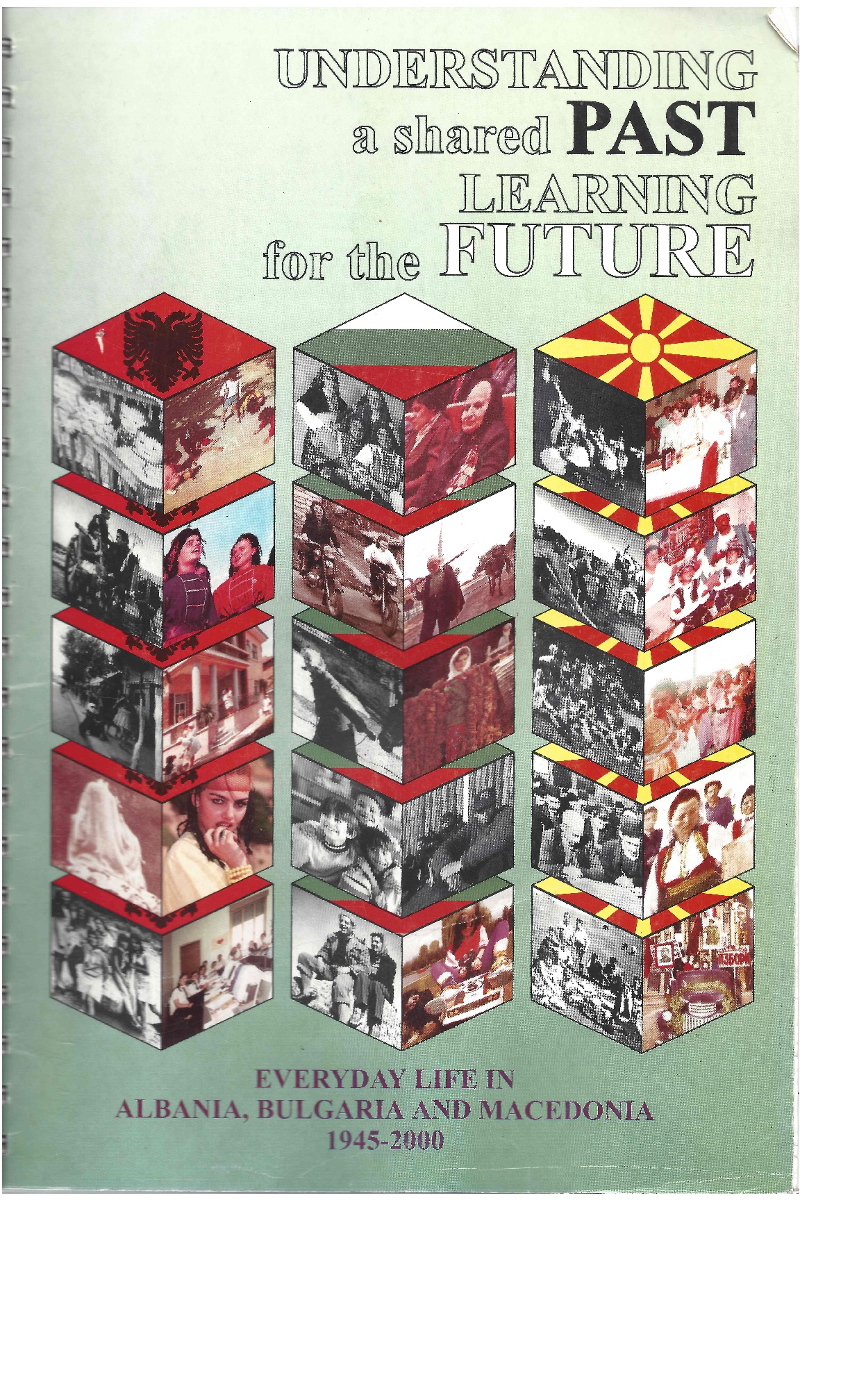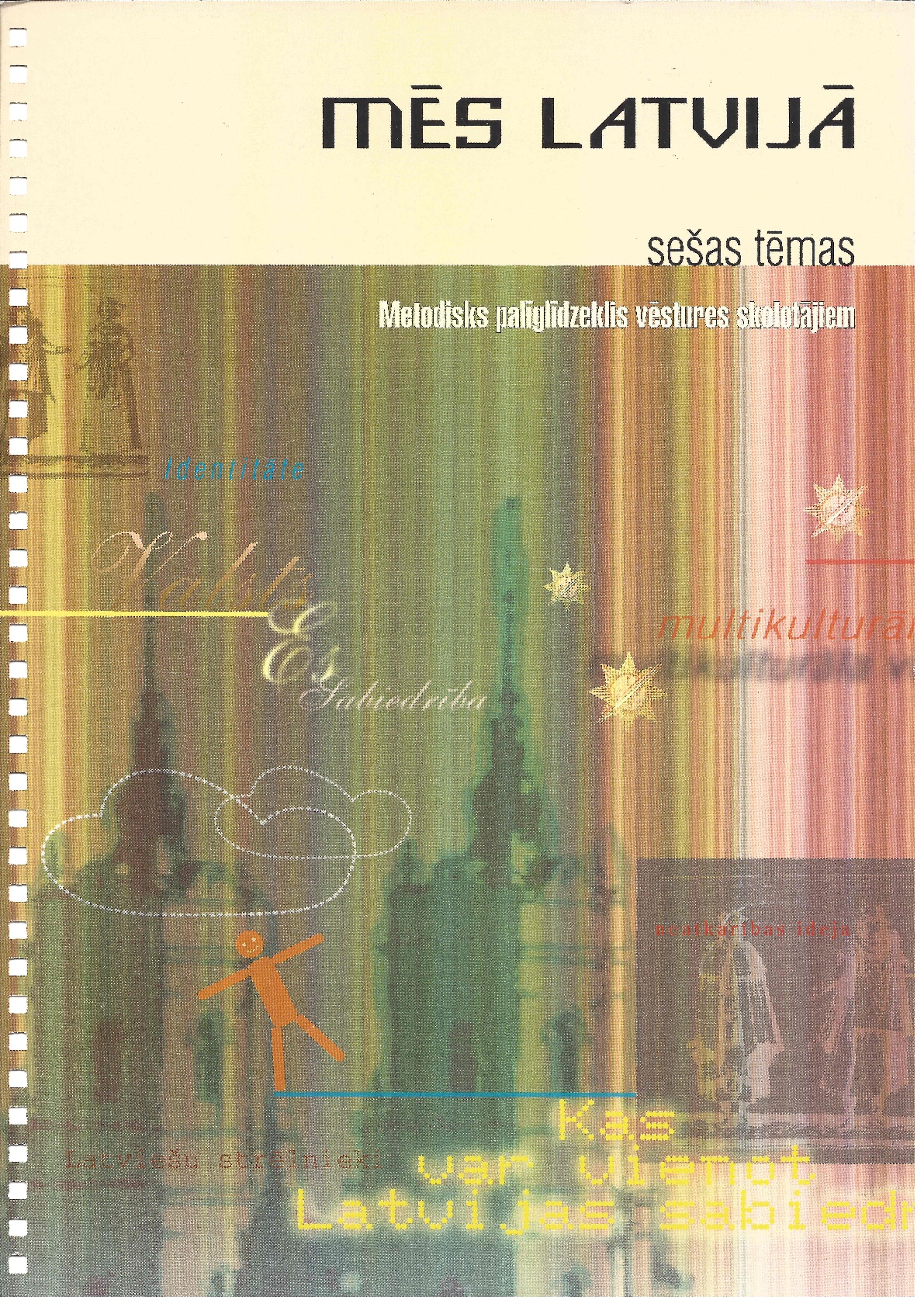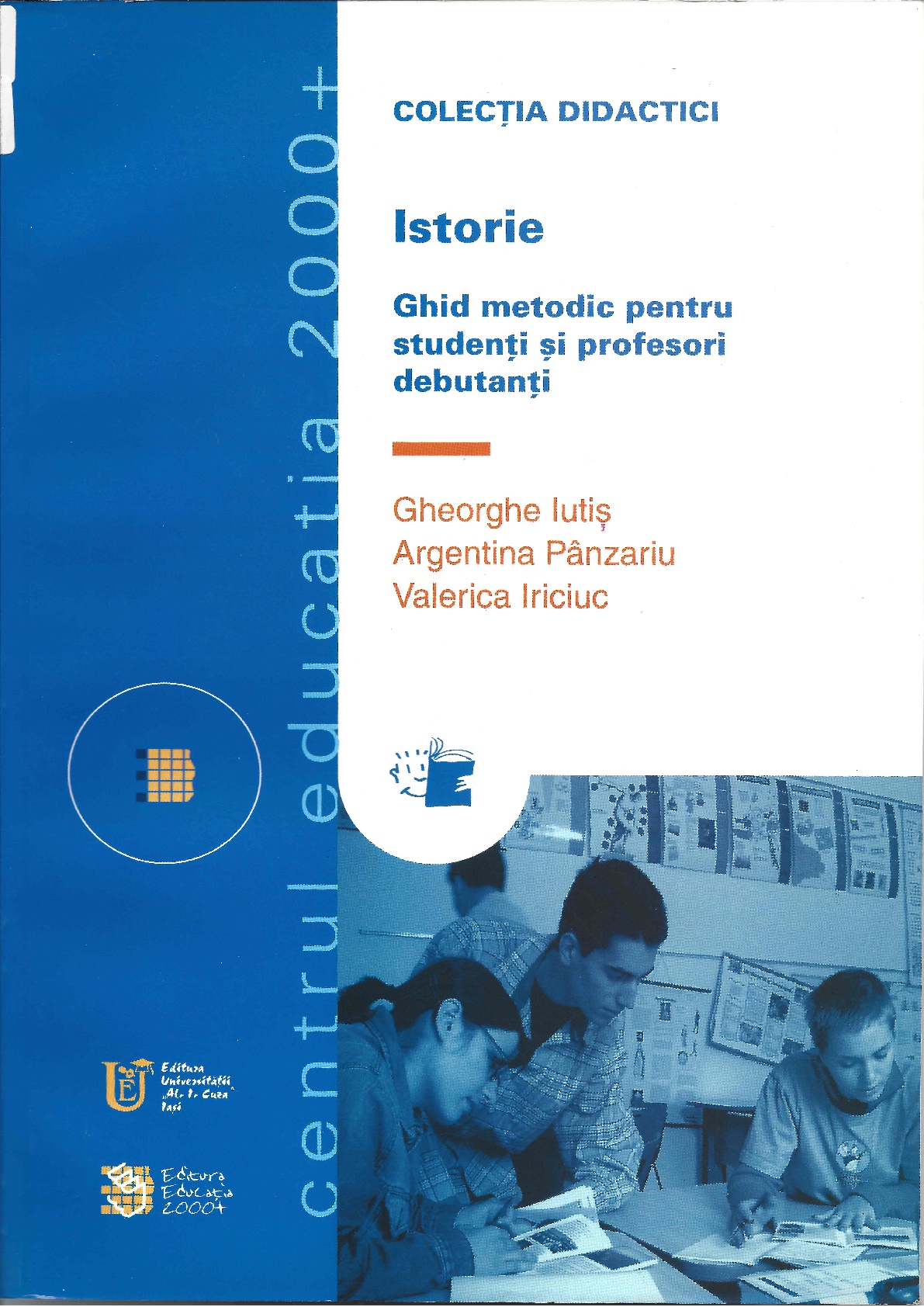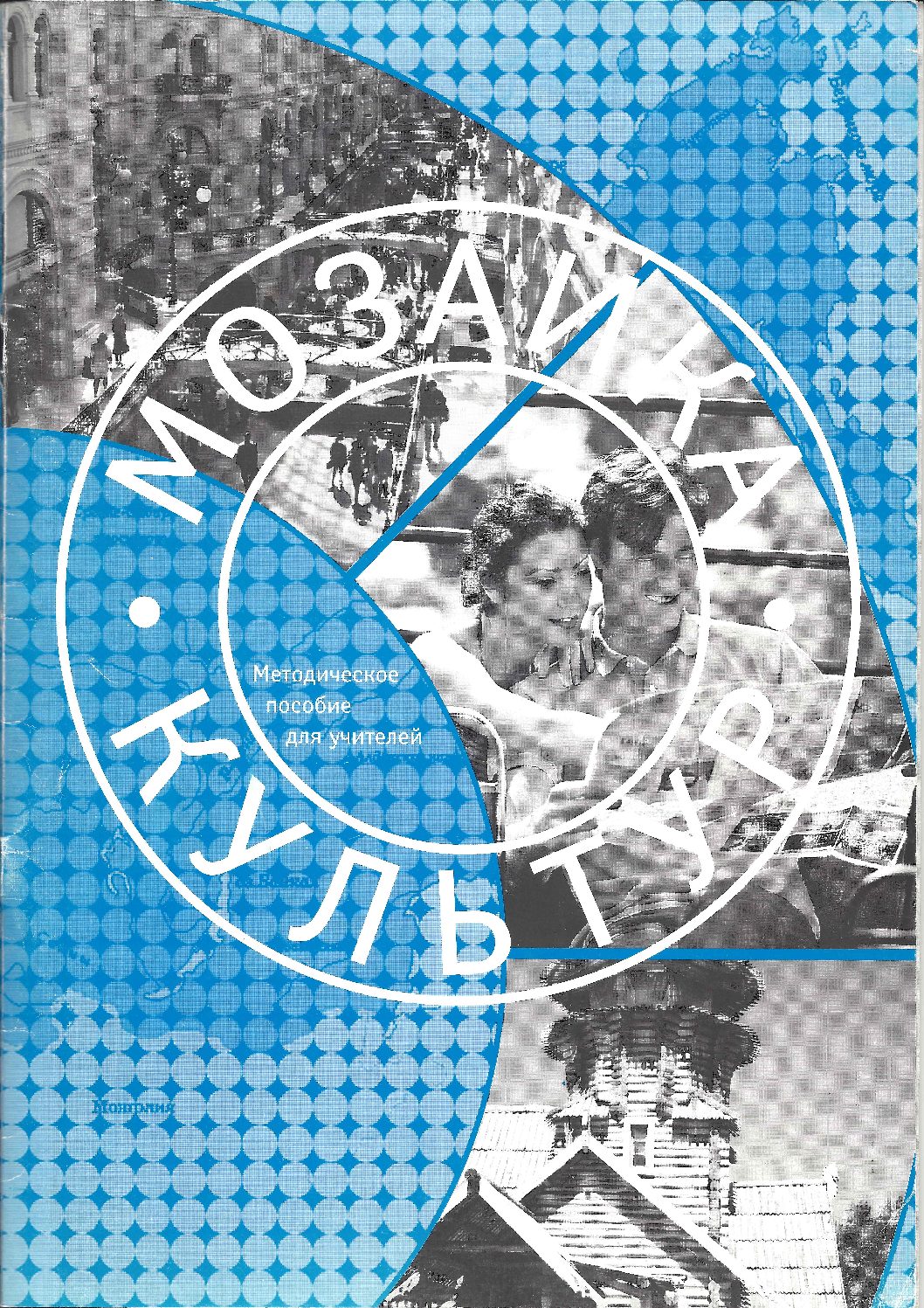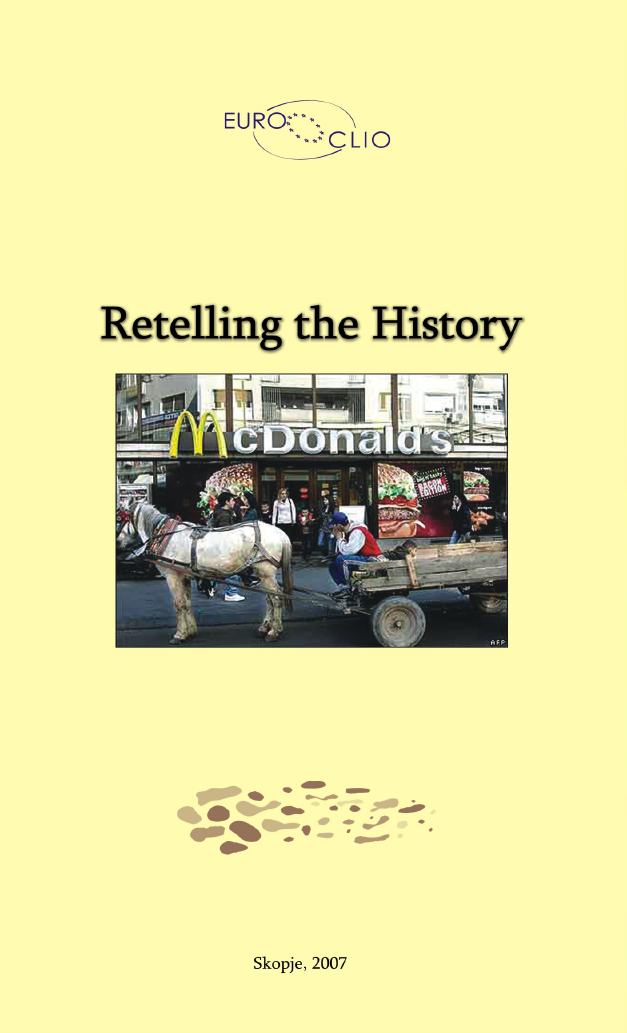How can migration be integrated into the history school curricula? How should this topic be taught in the class room? What can we learn from past perspectives on migration to create a better future?
To address these issues, EuroClio, The Europaeum and ISHA embarked on an 18-month project Connecting Europe through History – Experiences and Perceptions of Migrations in Europe, offering a series of nine conferences and workshops in a range of European member States. Debates during these events created and reinforced connections between academics, teachers, students and parents– a special blend of civil society organisations –putting schools and education at the heart of society. The key aim was to find ways to overcome the cultural differences that divide societies, caused in part by movements of people within and between national territories.

Understanding a shared Past – Learning for the Future

We in Latvia: Six Themes

The Methodic Guidebook for Students and Starting Teachers
In the context of the the project “Fostering History and [...]

